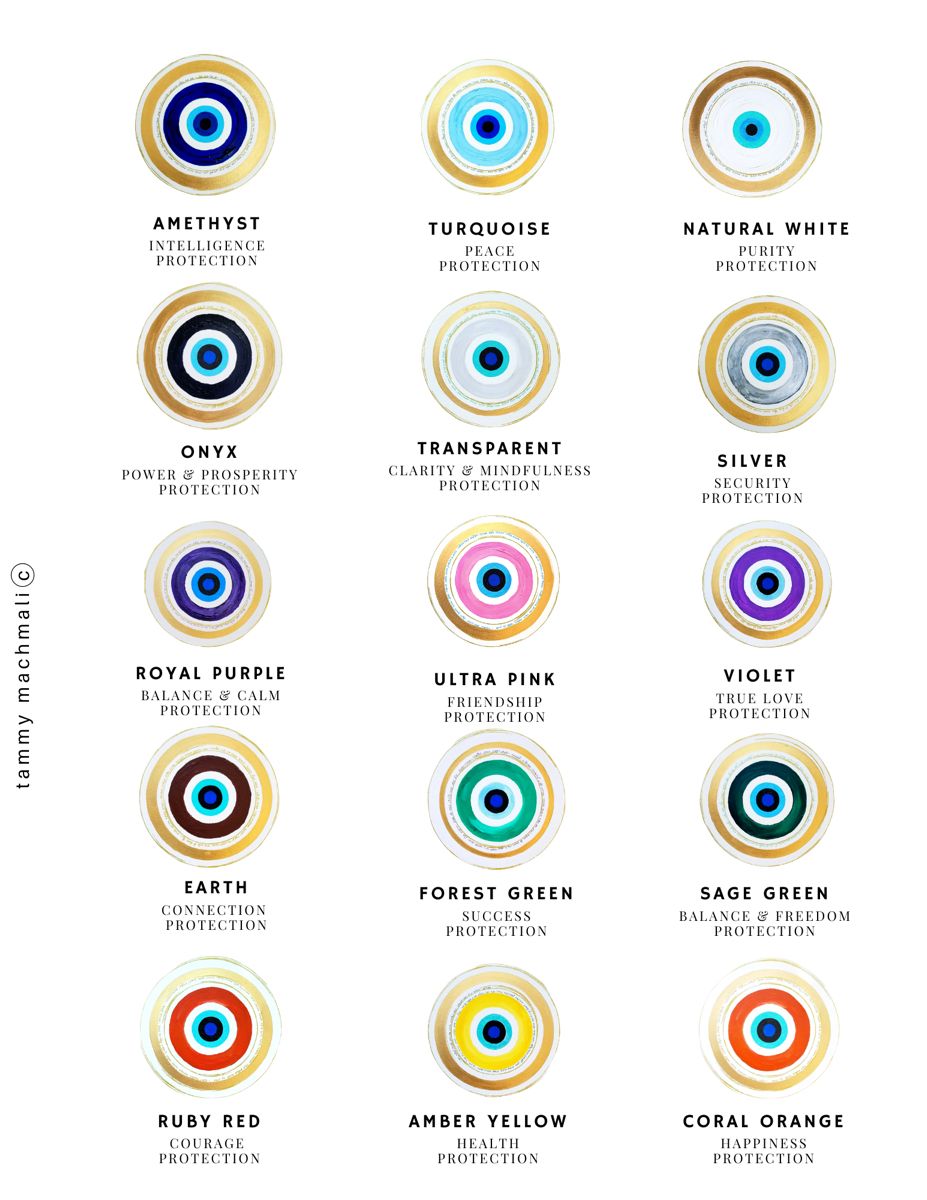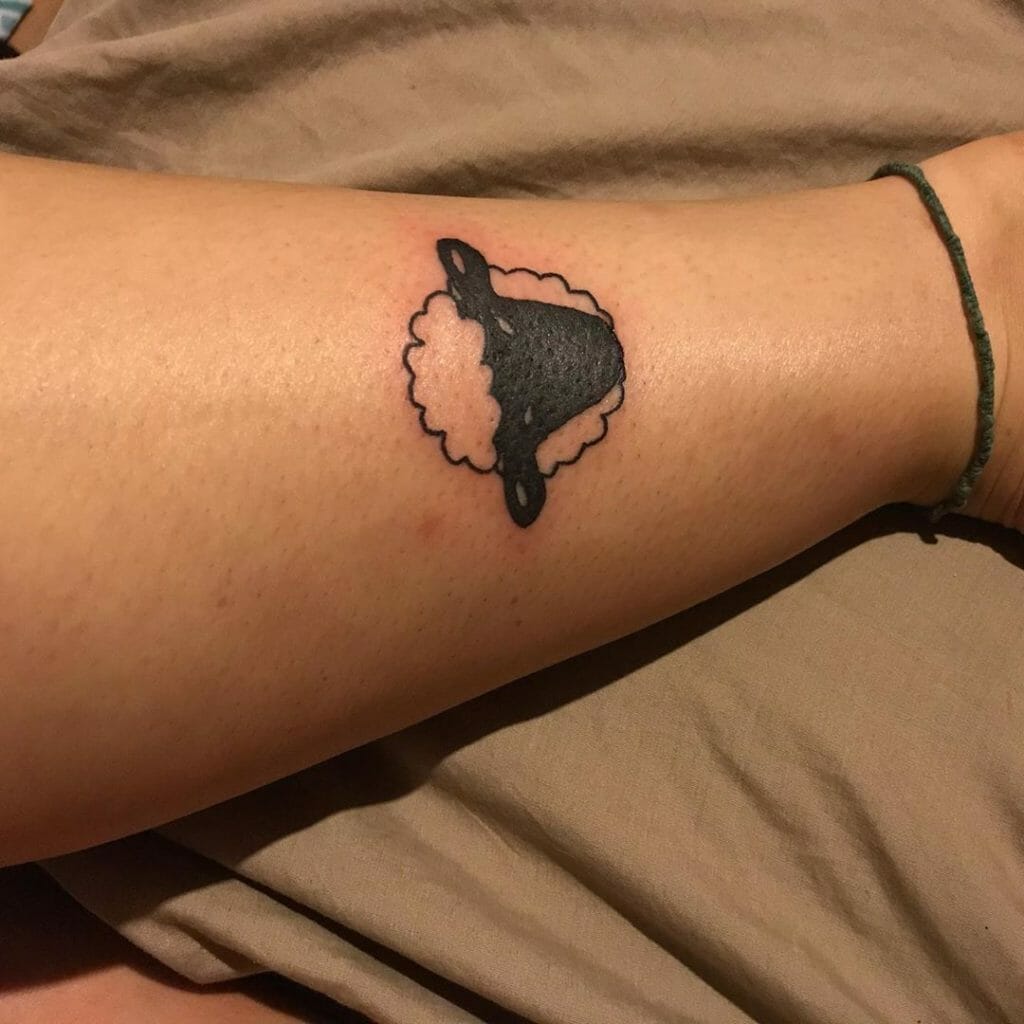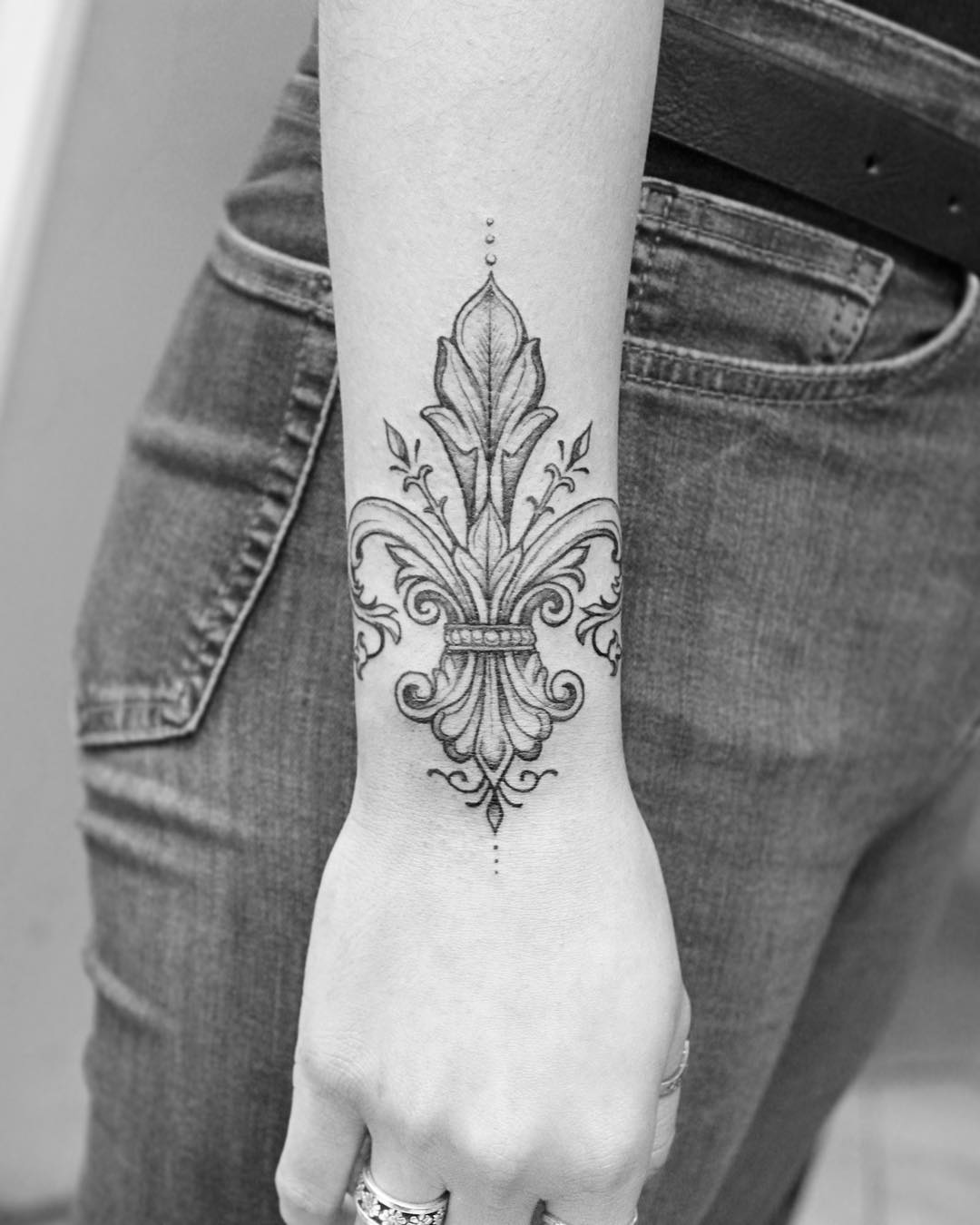Root Of All Evil Tattoo: Decoding the Symbolism

In the world of tattoos, designs often carry profound meanings, personal significance, or cultural history. Among the many themes, the "root of all evil" tattoo stands out for its rich, complex symbolism and its connection to timeless philosophical debates about the nature of evil and the human condition. This exploration delves into the various interpretations, cultural references, and the artistic elements that make this tattoo a compelling choice for many.
The Origin of the Phrase

The phrase “money is the root of all evil” stems from the Bible, specifically 1 Timothy 6:10, which states, “For the love of money is a root of all kinds of evil.” Over time, the saying has been abbreviated and slightly altered, leading to a broad cultural understanding that money itself is considered evil, which is not the original intent.
- The original text emphasizes the love of money as the source of evil, not money itself.
- The phrase has been used in literature, movies, and social discourse to reflect on greed, materialism, and moral decay.
Symbolic Interpretations

When individuals choose to tattoo this phrase, they often aim to convey a variety of personal or philosophical beliefs:
- Critique of Capitalism and Materialism: The tattoo can serve as a critique against the rampant consumerism and the devaluation of human life in favor of profit.
- Personal Reminder: For some, it’s a personal statement or reminder to remain humble and not be swayed by wealth or the pursuit thereof.
- Commentary on Society: It might also reflect broader social issues like inequality, corruption, or the manipulation of the lower classes by the rich.
Various Designs and Visual Elements

Tattoos themed around the “root of all evil” incorporate various artistic elements to enhance their symbolic depth:
| Element | Meaning |
|---|---|
| Roots and Trees | Roots can represent the foundational or underlying causes of evil, with trees symbolizing growth from these roots. |
| Skulls or Skeletons | These elements often signify death, decay, or the mortality of human aspirations and ambitions, including greed. |
| Coins or Currency | Actual depictions of money directly relate to the theme of wealth as the source of corruption. |
| Horns or Devil Imagery | To further underscore the idea of evil or temptation associated with the pursuit of money. |

Cultural and Religious Implications

This tattoo can also be a nod to:
- Christian Symbolism: Reflecting the religious roots of the phrase and the moral teachings about the dangers of greed.
- Philosophical Inquiry: Posing questions about the essence of evil, morality, and human nature within philosophical discourse.
- Modern Interpretations: Adapting ancient wisdom to critique modern societal ills like economic disparity or financial manipulation.
💡 Note: Tattoos are personal expressions of art, and meanings can vary significantly from person to person.
To summarize, the "root of all evil" tattoo encapsulates a multifaceted view on wealth, morality, and human nature. While it can be seen as a critique of capitalism, it also serves as a personal or philosophical statement about the pitfalls of materialism. This design not only conveys a deep message but does so with a visual allure that makes it intriguing to both the wearer and observers.
Is the “root of all evil” tattoo offensive to some people?

+
It depends on the cultural or personal sensitivity of the observer. While some might view it as a critique of materialism, others might see it as a misrepresentation of the biblical message or find it offensive to their religious beliefs.
Can this tattoo be done in different styles?

+
Yes, this tattoo can be adapted into various styles such as traditional, neo-traditional, realism, or even abstract art, depending on the artist’s capabilities and the client’s preference.
What other symbols or themes pair well with this tattoo?

+
Symbols like the devil, snakes, or even elements of nature like thorns or barren landscapes can complement the theme, reinforcing the idea of temptation or the consequences of greed.



